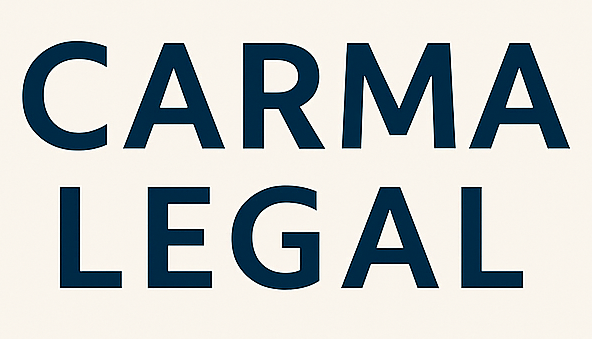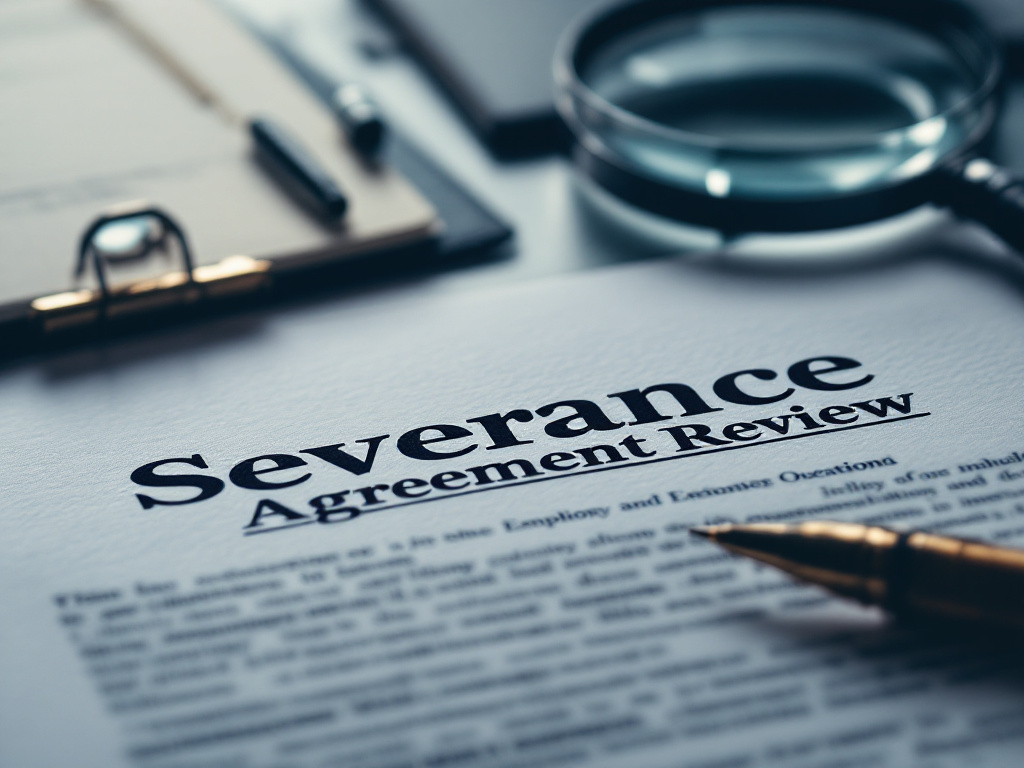As you navigate the complexities of long-term care, ensuring the safety and dignity of your loved one is paramount. Recognizing when to call a nursing home abuse lawyer can be critical in holding negligent parties accountable and securing justice. An attorney versed in elder care law can help you understand your rights and guide you through each step of the legal process.
Institutional abuse can take many forms, from physical harm and emotional mistreatment to neglect of basic needs and financial exploitation. This guide helps you identify warning signs, learn your legal options, and prepare to take action to protect your family member.
Recognize signs of abuse
Abuse in nursing homes and assisted living facilities often goes unreported, leaving vulnerable residents at risk. According to World Health Organization data, over 9% of staff members admitted to physically abusing residents in the past year [1]. Familiarize yourself with common indicators to spot problems early.
Physical and sexual abuse
- Unexplained bruises, marks, cuts or fractures
- Improper use of restraints, bed rails or ties
- Reports of unwanted touching or attempted assault
Emotional and verbal abuse
- Sudden emotional withdrawal or agitation
- Yelling, threats or humiliation by staff members
- Social isolation or denial of visitors
Neglect and inadequate care
- Poor hygiene, bedsores or untreated infections
- Malnutrition or dehydration signs
- Untreated medical conditions or medication errors
Financial exploitation
- Missing personal belongings or stolen funds
- Unexplained changes in bank accounts or credit card activity
- Coercion to sign financial documents
| Type of abuse | Description |
|---|---|
| Physical abuse | Hitting, pushing, improper restraint |
| Sexual abuse | Unwanted touching, assault |
| Emotional abuse | Verbal threats, isolation |
| Neglect | Withholding food, medical care, hygiene neglect |
| Financial exploitation | Theft of assets, unauthorized charges |
Understand your legal rights
You and your loved one have rights designed to protect against abuse and neglect in care facilities. Federal and state regulations set standards for acceptable care and outline the responsibilities of providers.
Federal protections and resident rights
- Right to dignity, privacy and freedom from abuse
- Right to proper medical care, nutrition and hygiene
- Right to voice grievances without retaliation
State statutes and limitations
Each state sets its own rules for filing abuse claims, including deadlines known as statutes of limitations. For example, Ohio requires you to file within two years of the abuse or its discovery [2]. Check with a local attorney to confirm timelines in your jurisdiction.
Rights under Ohio law
- Right to safe environment and professional care
- Right to be free from chemical or physical restraints used as punishment
- Right to participate in care planning and to access medical records
Explore your legal options
Once you’ve documented abuse, you can pursue several legal pathways depending on the facts of your case.
Third-party liability cases
If a contractor, vendor or equipment manufacturer contributed to harm—through a faulty bed rail or medication dispenser—you may work with a product liability lawyer or manufacturing defect attorney.
Wrongful death claims
Tragically, abuse or neglect can result in loss of life. Families may file a wrongful death suit to seek compensation for funeral expenses, lost support and emotional suffering.
Medical malpractice suits
When medical professionals fail to meet the standard of care—such as botched wound treatment that leads to infection—you may pursue a medical malpractice claim through a specialist.
Financial abuse lawsuits
If an administrator or caregiver misuses your loved one’s funds, an attorney can recover stolen assets and seek damages for emotional distress.
Choose your nursing home abuse lawyer
Selecting the right attorney can make a significant difference in case outcome. Look for these qualities when evaluating your options.
Look for specialization
An attorney focused on elder abuse or nursing home neglect will be familiar with the relevant federal laws and state regulations. Consider firms that advertise a dedicated nursing home neglect lawyer or elder abuse attorney.
Evaluate experience and track record
- Years handling nursing home abuse claims
- Successful verdicts and settlements (many firms have secured over $314 million for victims as of 2025—Nursing Home Abuse Center)
- Trial experience versus settlement negotiation
Fee structure and contingency basis
Most specialized attorneys work on a contingency fee basis, meaning you owe no upfront costs and pay only if you recover compensation. Confirm fee percentages and any potential expenses before signing an agreement.
Gather evidence for your case
Strong documentation increases the likelihood of a favorable outcome. Start collecting and preserving proof as soon as you suspect abuse.
Physical documentation and photos
- Take dated photographs of injuries, unsanitary conditions or unsafe equipment
- Record video of staff interactions if permitted
Medical records and expert opinions
- Obtain copies of medical charts, wound care logs and medication records
- Consult independent physicians or geriatric specialists for expert testimony
Witness statements and staff logs
- Interview visiting family members or other residents
- Request duty rosters, staffing schedules and incident reports
Initiate your claim process
Your attorney will guide you through the formal steps to hold negligent parties accountable.
Initial consultation and case evaluation
- Discuss your evidence and objectives
- Identify responsible parties: caregivers, administrators, third-party vendors
Filing the complaint
- Draft and file a legal complaint in the appropriate court
- Serve defendants with notice of the lawsuit
Negotiation and settlement talks
- Engage in mediation or direct settlement discussions
- Evaluate offers against your client’s needs and future care costs
Preparing for trial
- Exchange evidence during discovery
- Depose witnesses and expert consultants
- Develop trial strategy with your attorney
Understand case outcomes
Every claim is unique, but familiarizing yourself with potential results helps set realistic expectations.
Types of compensation
- Economic damages: medical bills, rehabilitation, lost financial support
- Non-economic damages: pain and suffering, emotional distress
- Punitive damages: additional awards meant to punish egregious conduct
Factors affecting settlements
- Severity and duration of abuse
- Strength of documentation and expert testimony
- Defendant’s willingness to negotiate
Timeline and duration
Cases can resolve in months or extend over several years, depending on complexity and court schedules. Contingency representation ensures you only pay if you recover.
Take next steps
If you suspect that your loved one is the victim of mistreatment or neglect, prompt action is crucial.
- Document concerns with dates, times and detailed observations
- Consult a qualified nursing home abuse attorney for a free case evaluation
- Gather medical records and witness accounts
- File your claim before the statute of limitations expires
Your family deserves justice and peace of mind. Schedule a free consultation today with a specialized attorney to explore your options and safeguard your loved one’s future.








